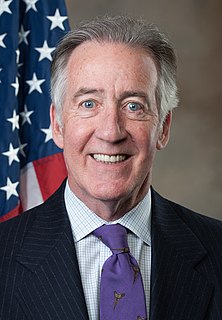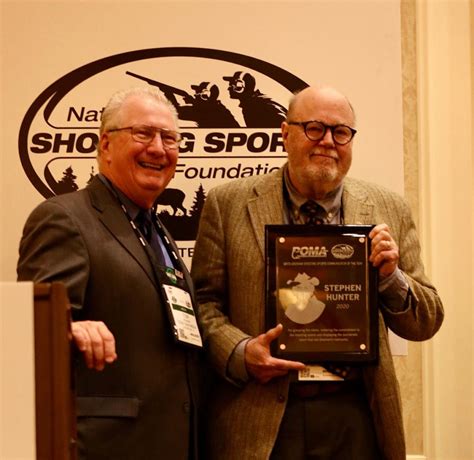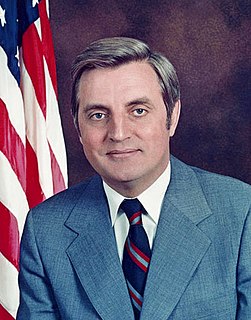A Quote by Masi Oka
I'm not American. I still have my Japanese citizenship.
Quote Topics
Related Quotes
They didn't incarcerate the Japanese-Americans in Hawaii. That's the place that was bombed. But the Japanese-American population was about 45 percent of the island of Hawaii. And if they extracted those Japanese-Americans, the economy would have collapsed. But on the mainland, we were thinly spread out up and down the West Coast.
Leaving America means renouncing your citizenship, moving out of the country and leaving family and friends behind. You can retain your citizenship if you like, but you'll still be away from loved ones and still be paying taxes. You lose all the good stuff about America and have to keep all the bad stuff.



































